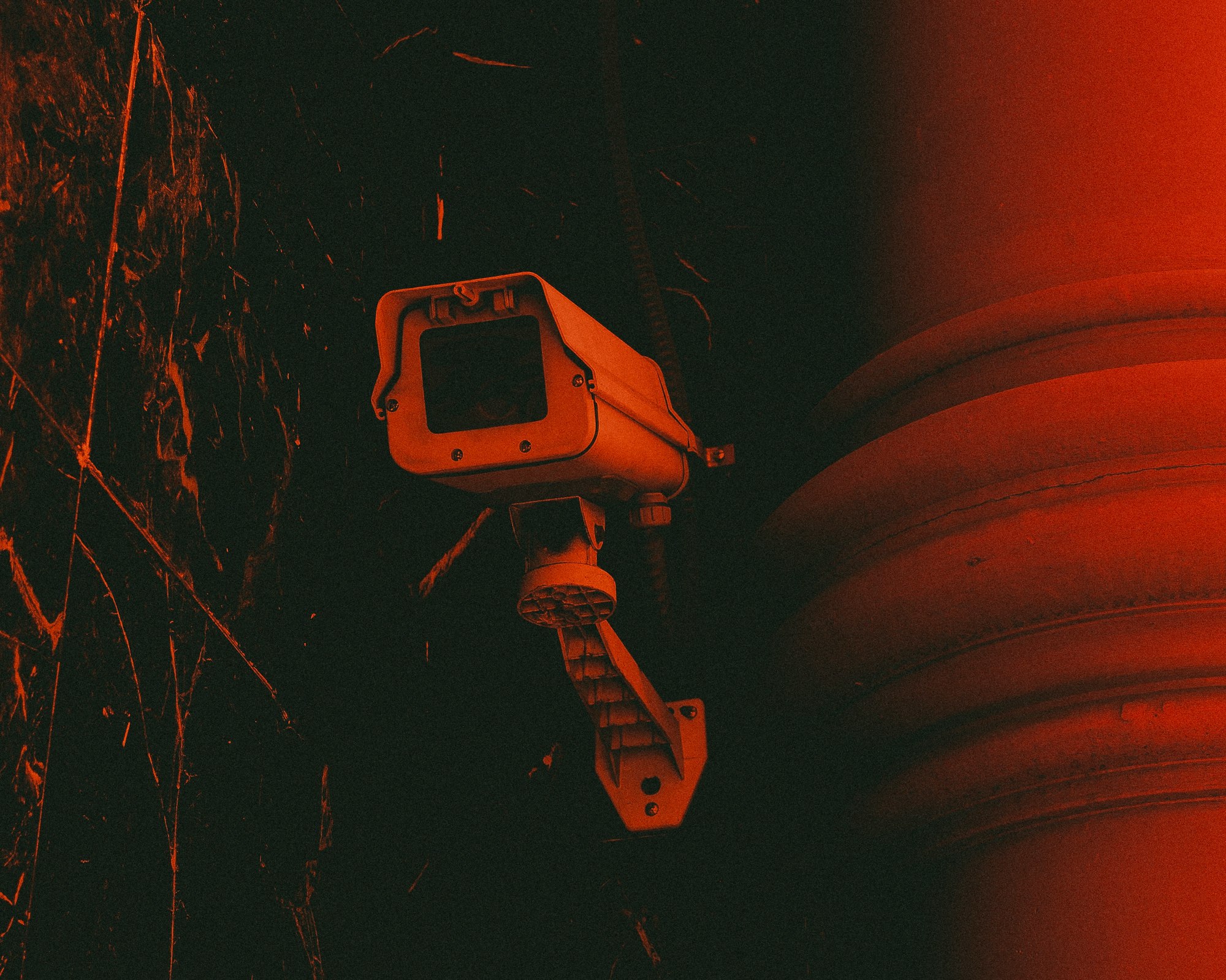VPNs as Shields Against Surveillance

In an age of widespread digital surveillance, safeguarding our online privacy has become crucial. This is where Virtual Private Networks (VPNs) play a vital role. In this article, we will explore how VPNs act as shields against surveillance, protecting your digital privacy from prying eyes. From understanding the surveillance landscape to maximizing the benefits of VPNs, we'll equip you with the knowledge to navigate the online world with confidence and maintain your privacy.
The Surveillance Landscape
Governments, ISPs, advertisers, and cybercriminals constantly monitor our online activities. This surveillance infringes upon our privacy, compromises sensitive information, and exposes us to potential risks. By understanding the extent of surveillance, we can better appreciate the need for VPNs as shields against these intrusions and regain control over our digital lives.
How VPNs Protect Your Privacy
VPNs encrypt your internet traffic, creating a secure and private tunnel between your device and the internet. By routing your data through a remote server, VPNs shield your online activities from prying eyes. This encryption ensures that your data remains unreadable to ISPs, hackers, and government agencies. VPNs serve as powerful shields, preventing surveillance entities from tracking your browsing habits, collecting personal information, or monitoring your online communications.
Anonymity and Identity Protection
One of the key benefits of using a VPN is the anonymity it provides. By masking your IP address and encrypting your connection, VPNs make it incredibly difficult to trace your online activities back to your real identity. This anonymity protects you from targeted advertising, invasive tracking, and potential cyberattacks. With a VPN as your shield, you can browse the internet with peace of mind, knowing that your identity remains hidden from prying eyes.
Evading Government Surveillance
In countries where government surveillance is pervasive, VPNs serve as invaluable tools for evading monitoring and censorship. VPNs enable you to bypass surveillance systems, granting you access to an open and unrestricted internet. By connecting to servers located in different countries, you can circumvent government-imposed restrictions, access blocked websites, and communicate freely without fear of surveillance. VPNs empower individuals to exercise their right to privacy and ensure their online activities remain private.
Choosing the Right VPN Provider
Selecting a reputable VPN provider is essential for effective privacy protection. Consider factors such as strong encryption protocols, a strict no-logs policy, a wide network of servers, and reliable customer support. Look for providers that prioritize privacy and have a track record of successfully protecting user data. Thoroughly research and compare VPN providers to ensure you choose the one that best suits your privacy needs.
Educating Others on Privacy
As you embrace VPNs as shields against surveillance, take the opportunity to educate others about the importance of digital privacy. Spread awareness about surveillance risks, inform others about the benefits of VPNs, and encourage responsible online behavior. By sharing your knowledge, you can empower others to protect their privacy and join the fight against invasive surveillance practices.
Conclusion
In an era of increasing surveillance, VPNs stand as shields that protect our digital privacy. By encrypting our internet traffic, VPNs ensure that our online activities remain private and shielded from prying eyes. With VPNs, we can navigate the online world with confidence, evading surveillance and reclaiming control over our personal information. Embrace VPNs as your shields against surveillance, and safeguard your digital privacy in an increasingly connected world.
